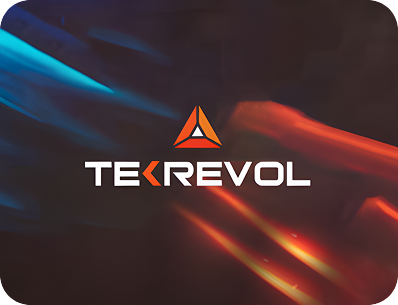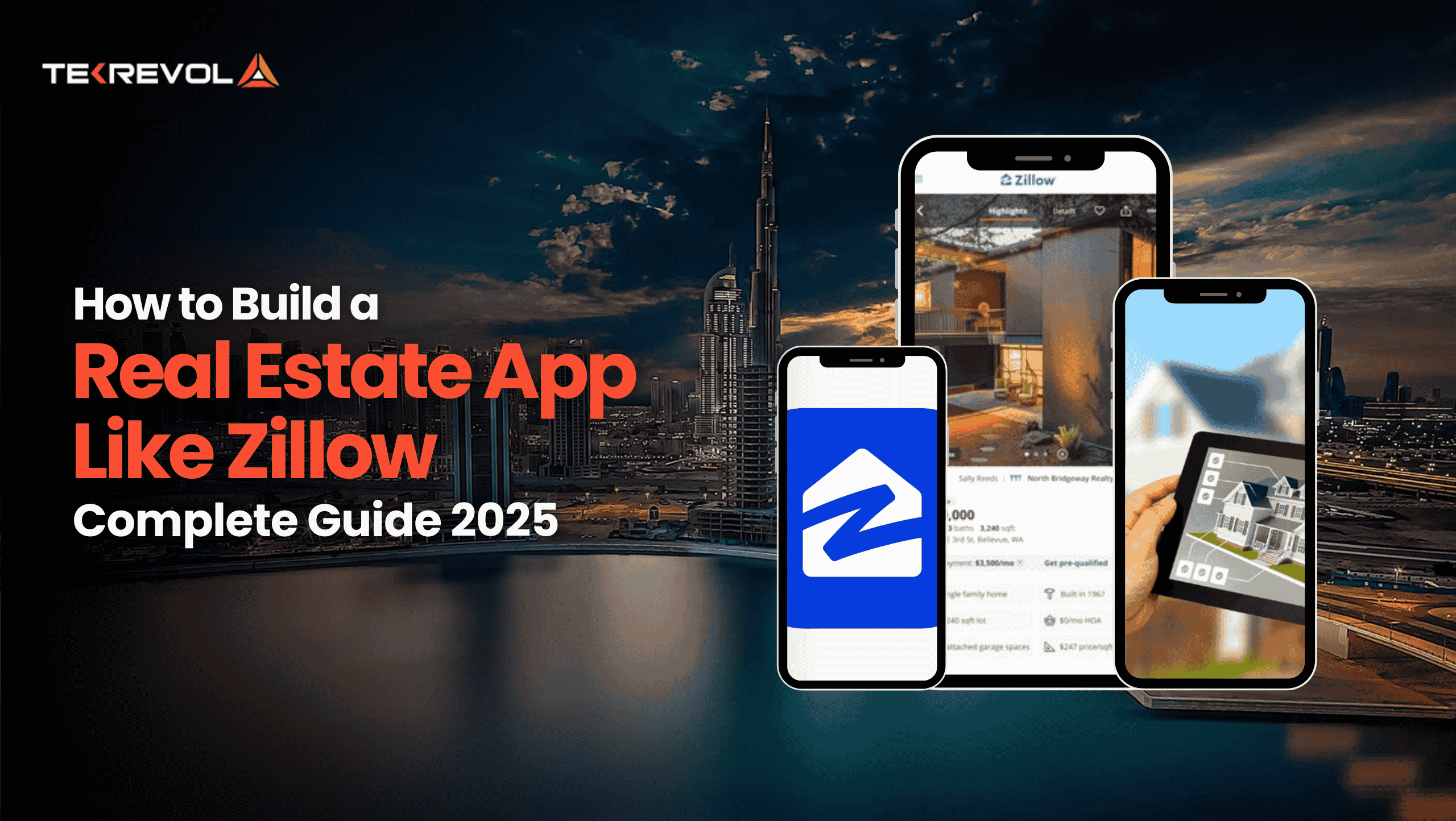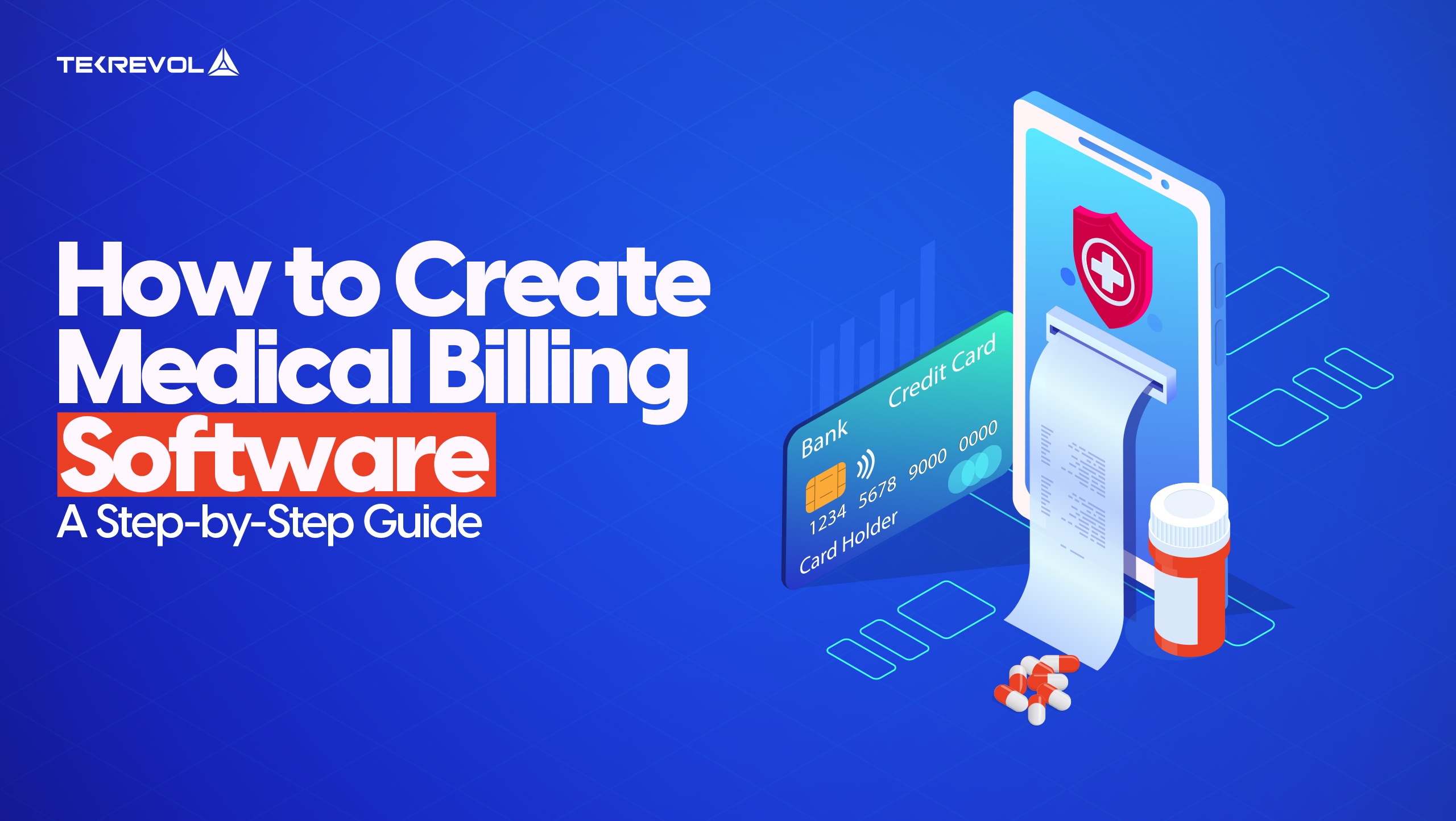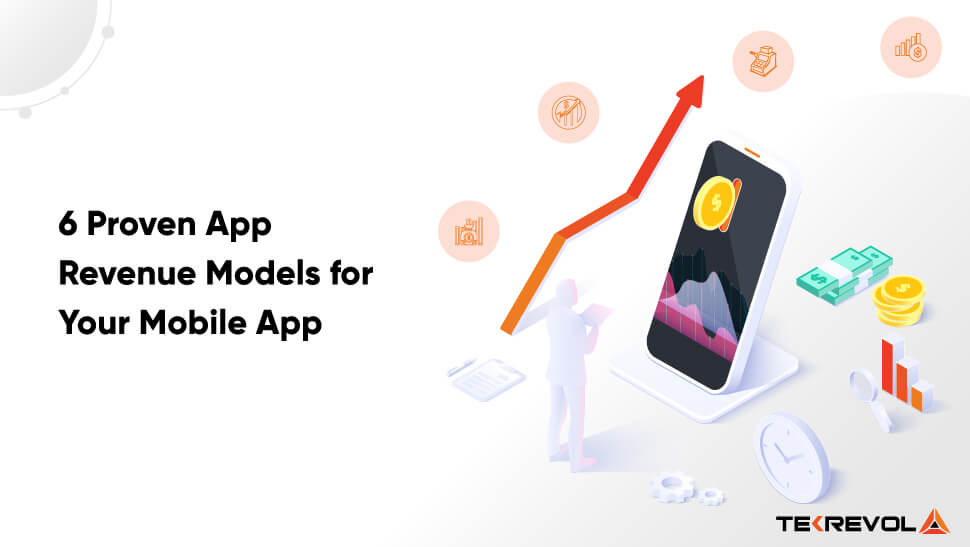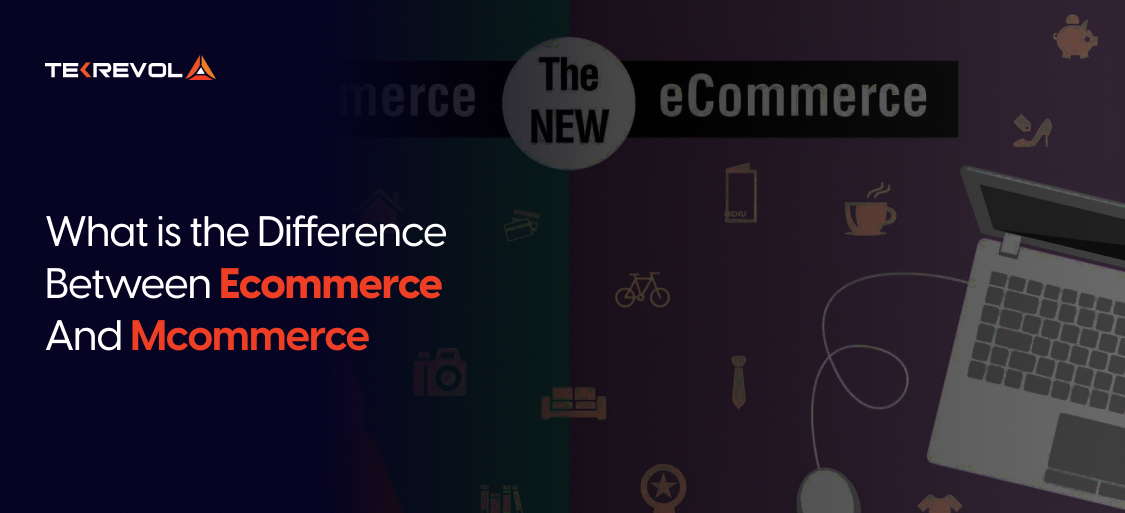Once you’ve decided to digitize your laundry business with a mobile app, the next big question is, “How much is this going to cost?” In the U.S., developing a laundry app typically ranges between $5,000 $80,000, depending on the type of app you’re building.
Data show that the worldwide on-demand laundry service market was worth USD 43.36 billion in 2024 and is expected to hit USD 405.36 billion by 2032, clearly demonstrating the growing need.
The mobile app development domain is now more crowded than ever, and determining exactly how much would be a worthy investment for a laundry app in the minds of business owners within the laundry industry is quite daunting.
With cost estimates floating all over the internet, it’s easy to get confused, and even harder to make a confident decision.
However, don’t worry; we are here to help you navigate the uncertainties surrounding laundry app development costs.
In this blog, we’re cutting through the noise to give you a clear, straightforward look at the actual laundry app development cost in the USA.
Online On-Demand Laundry Service Market in USA
Under the influence of convenience, digitization, and changes in the urban lifestyle, the worldwide market size of on-demand laundry services is exploding. The following is a more detailed analysis of the market trends and market outlook:
- The laundry market is growing fast, with 34.80% to 35.80% annual growth.
- The global market for Dry-Cleaning and Laundry Services is projected to reach US$75.1 billion by 2025.
- The revenue generated in the Home & Laundry Care market in the world is expected to reach US$206.83bn in 2025.
What’s the Average Cost of Building a Laundry App in the USA?
Typically, on-demand laundry app development cost takes an average of $30,000 to $60,000 in the USA.
But, in case you want to develop an absolutely feature-packed solution, one that would include advanced features and integration with third-party APIs, then the price can simply go beyond USD 100,000 in the blink of an eye.
Here’s a quick cost snapshot:
| App Type | Estimated Cost (USD) | Overview |
| Basic App (MVP) | $15,000 – $30,000 | Core features like registration, order placement, and payments |
| Standard App (Common) | $30,000 – $60,000 | Includes tracking, push notifications, scheduling, and CRM |
| Advanced App (Feature-Rich) | $60,000 – $100,000+ | AI automation, route optimization, multi-store support |
The final price will be based on your app’s feature set, the hourly rates of the development team, and whether you want native or cross-platform development.
Next up, we’ll look at how these various factors impact your budget in greater detail.
Factors That Shape the Laundry App Development Cost
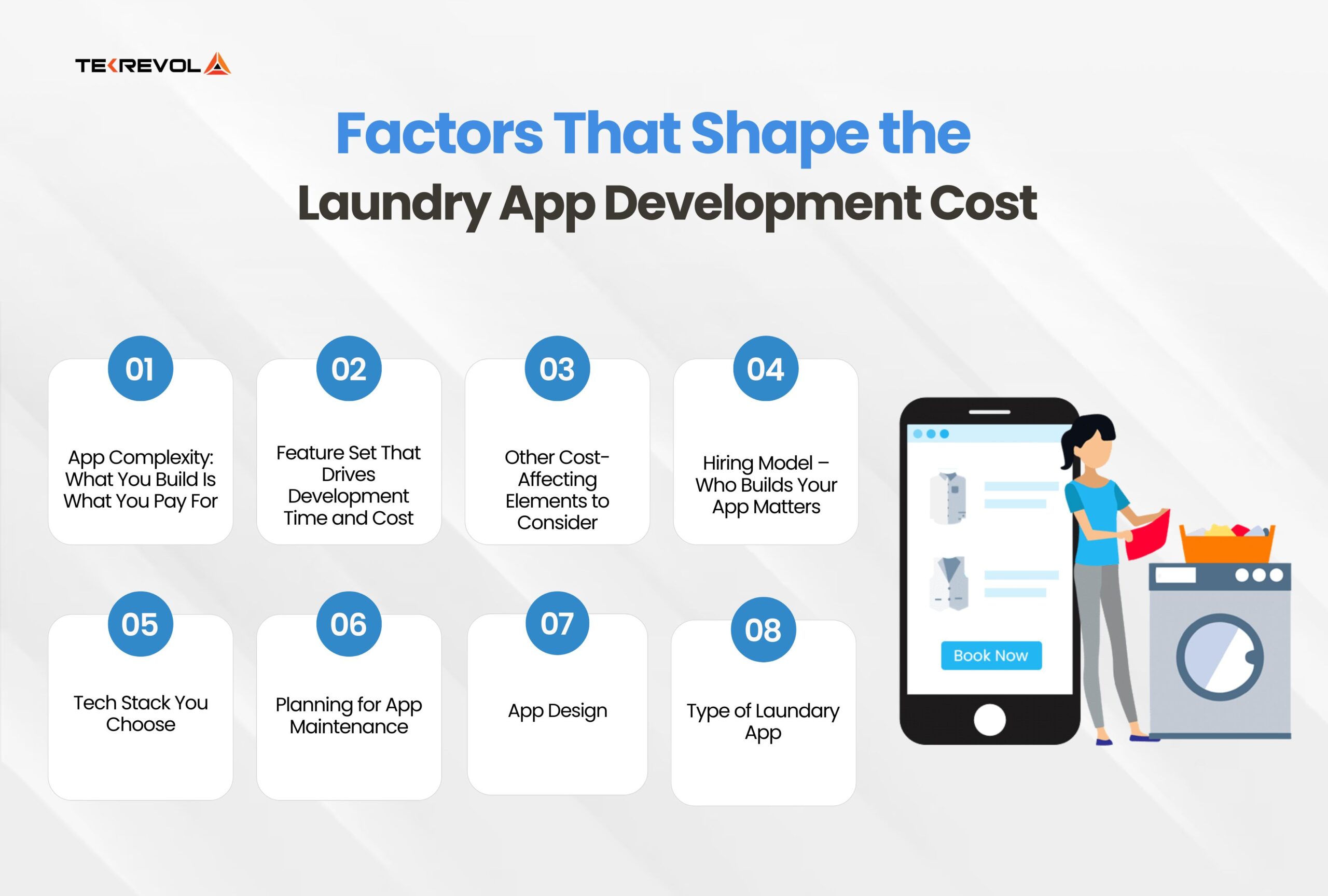
Here’s an in-depth analysis of the most influential factors in the on-demand laundry app development cost and how much you might need to invest.
1. App Complexity: What You Build Is What You Pay For
App complexity is a measure of the richness of features, integrations, and backend stack. For better planning, here’s the breakdown:
| App Type | Who It’s For | Key Features | Estimated Cost (USD) |
| Basic Laundry App | Local shops or startups | Booking, service selection, push notifications, and order history. | $15,000 – $30,000 |
| Mid-Tier App | Growing businesses, multi-location services | All basic features + real-time tracking, multi-language support, and inventory tools | $30,000 – $70,000 |
| Advanced Laundry App | On-demand aggregators, enterprise apps | AI chatbot, dynamic pricing, delivery management, CRM integration | $55,000 – $80,000+ |
2. Feature Set That Drives Development Time and Cost
The functionality you opt for is the biggest cost consideration when developing a laundry app.
Here’s a closer look at the features and their potential cost and complexity impact on development:
| Features | Technical requirement | Complexity | Cost Impact |
| User Registration & Profiles | Email/social login, encryption, profile editing | Basic | Low |
| Service Scheduling & Notifications | Calendar integration, push notifications, time-slot management | Moderate | Medium |
| Real-Time Order Tracking | GPS, map APIs, backend real-time updates | High | Medium to high |
| AI-Based Recommendations & Chatbot | AI algorithms, chatbot framework, data processing | High | High |
| Delivery Route Optimization | Geofencing, logistics APIs, distance calculations | High | High |
| Multi-Language Support | Language toggling, translation file setup, and multilingual UI testing | Medium | Medium |
| Admin Panel | Dashboard UI, data management, analytics, permissions | Medium to High | Medium to High |
| Payment Gateway Integration | Stripe/PayPal integration, encryption, transaction logic | Medium | Medium |
| Ratings & Reviews System | Review submission/display UI, database storage | Basic to Moderate | Low to medium |
| Security & Data Protection | SSL, 2FA, secure APIs, compliance (GDPR/CCPA) | Medium | Medium |
| Order History & Reordering | Backend history logs, quick rebook option | Basic to Moderate | Low to medium |
| Promotions & Coupon Management | Admin control, coupon logic, and validation system | Medium | Medium |
Tip: Tip: When you operate on a tight budget, you should begin by using the basic features and evolve to the advanced features later in the next version. This keeps the price affordable and yet provides value to the early adopters.
3. Other Cost-Affecting Elements to Consider
In addition to features and functionality, several technical and design-related factors also greatly add up to your laundry app development cost. They are the kind of elements that would come up during the planning and are known to accumulate if not considered at the initial stage.
The following are the major external factors that can affect your overall budget:
| Factors | Why It Matters |
| Platform (iOS, Android, or both) | Cross-platform = higher cost, unless using frameworks like Flutter |
| UX|UI Design | Custom UI/UX can significantly increase development hours |
| Backend Infrastructure | Cloud hosting, data storage, and scalability planning add to the base cost |
| Third-Party Integrations | Payment gateways, analytics, and CRM tools all come with extra dev time and testing |
| Maintenance & Updates | Ongoing updates typically cost 15-20% of the initial build annually |
4. Hiring Model – Who Builds Your App Matters
Among the most impactful cost drivers in the development of laundry apps is the model you select for hiring. Whether you’re working with a freelancer, outsourced to an agency, or working with a full-service mobile app development company, your decision will impact not only cost, but communication, scalability, and speed of delivery as well.
-
In-House Team
Best For: Product development in the long run and total process control.
Cost Range: $150,000 – $300,000+ per year (for a complete team)
An in-house staff offers you complete access to developers, designers, and QA specialists under one roof. Though it entails expensive hiring, infrastructure, and operational expenses, it guarantees effective cooperation and quicker communication.
-
Freelancers
Best For: MVPs, small apps, or low-budget startups.
Cost Range: $20 – $80/hour (depending on location and experience)
Freelancers are cheap and can be modified in any circumstances. However, the larger the project, the more dangerous and inefficient cooperation with freelancers is, and combining a few of them is inevitably associated with a number of problems in communication and inconsistent quality and responsibility.
-
App Development Agencies
Best For: Complete development with varied expertise and scalable resources.
Cost Range: $25,000 – $150,000+ (based on complexity of app)
When you need everything, including UI/UX designing and development, testing, and maintenance of the same, then the only stop you have in this case is a professional on-demand application development company. Agencies have experience, committed teams, technological maturity, and improved project management and delivery schedules.
5. Tech Stack You Choose
Your app not only needs to look and work well but should also have something driving it behind it. The technology stack may consist of programming languages, servers, and cloud platforms among others. These all affect the scalability, performance of your app and the eventual cost regarding the long term.
| Component | Technology Options | Estimated Cost |
| Front End (Mobile) | Swift (iOS), Kotlin (Android), Flutter, React Native | $5,000 – $25,000 |
| Backend | Node.js, Django, Laravel, Ruby on Rails | $7,000 – $30,000 |
| Database | Firebase, PostgreSQL, MongoDB, MySQL | $1,500 – $5,000 |
| Cloud Hosting | AWS, Google Cloud, Microsoft Azure | $2,000 – $10,000/year |
| Payment Gateway | Stripe, PayPal, Razorpay, Square | $1,000 – $3,000 |
| Push Notifications | Firebase Cloud Messaging, OneSignal | $500 – $1,000 |
| Admin Panel | Custom-Built, Firebase Console, Retool | $2,500 – $10,000 |
| APIs & Integrations | Google Maps, Twilio, SendGrid, Logistics APIs | $1,000 – $8,000 |
6. Planning for App Maintenance
Once your laundry software is launched, your work is only half completed. Regular maintenance helps it run smoothly, as per consumer needs, and is compatible with operating system upgrades.
Plan to spend 10–20% of your original development budget every year to keep things in top condition
| Maintenance Type | Description | Estimated Cost |
| Regular Bug Fixes & Updates | Minor tweaks, security patches, and performance improvements | $500 – $3,000/year |
| Major Feature Upgrades | Rolling out new modules or features based on user feedback | $5,000 – $20,000 per update |
| Compatibility Updates | Ensuring the app supports new OS versions and devices (iOS/Android) | $1,000 – $3,000 per update |
| Third-Party Library Updates | Keeping integrated APIs, SDKs, and plugins up to date | Included in ongoing costs |
| Analytics & Monitoring | Implementing tools to track app usage and fix crash reports | $500 – $2,000/year |
Tip: Find a development team that will provide long-term maintenance plans. Active maintenance will help to keep your app stable and competitive in the market.
7. App Design
App design is about more than how something looks; it is about how something feels to use. Depending on simple designs to complex animations, the design stage is what will determine user satisfaction, together with overall development cost.
| Design Tier | What’s Included | Estimated Cost |
| Basic UI | Flat design, standard components, minimal customization | $1,000 – $3,000 |
| Custom UI/UX | Interactive screens, brand-driven layouts, intuitive flows | $3,000 – $6,000 |
| Advanced Design | Animated transitions, micro-interactions, prototyping, and user testing | $6,000 – $12,000+ |
8. Type of Laundry App
The kind of laundry app you decide to develop straight affects your budget, feature set, and general intricacy. Appealing to a different business model, the three most often used categories of laundry applications are:
| App Type | Key Features | Ideal For | Estimated Cost |
| Standalone App | customized for a single laundry business; includes order tracking, payments, etc. | Established laundry businesses aiming for a digital presence | $5,000 – $25,000 |
| Aggregator App | Hosts multiple laundry vendors; includes ratings, comparisons, and bookings | Entrepreneurs building a marketplace for laundry services | $20,000 – $50,000 |
| Pickup & Delivery App | Focuses on logistics—pickup scheduling, delivery tracking, notifications | Businesses providing logistics for laundry shops | $15,000 – $40,000 |
Planning Your App Budget?
Let us help you prioritize features and choose the right business model.
Request a Custom Plan!Step-by-Step Laundry App Development Costs: Full Development Phase Breakdown
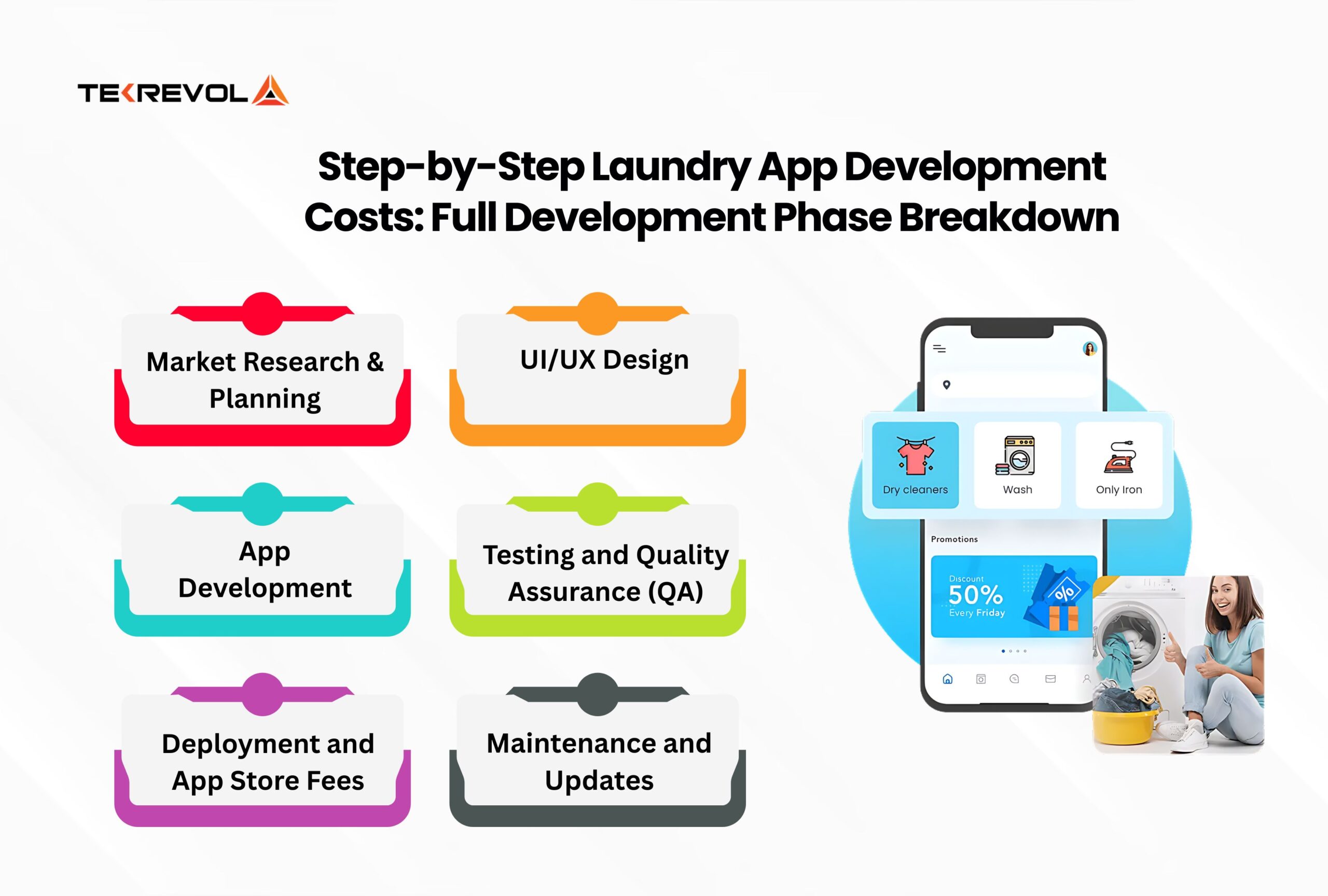
The development of a laundry app is not only the process of coding, but it is the process of planning, strategic designing, smart development, and continuous refinery. Instead of doing rough estimations, we could split the cost based on every stage of development. At least you know where and how you can perfect your investment.
1. Market Research & Planning
Estimated Cost: $2,000 – $8,000
Don’t dive straight into development. Begin by learning about your market, competition, and users’ needs. This process assists in answering important questions such as:
- What issues does your laundry app resolve?
- How are your competitors doing things right, or wrong?
- What is most important to your target users?
By not going through this step, most often it would result in having an under-performing app. However, based on a properly done groundwork, you should be able to marry your features, pricing, and go-to-market strategy with what your audience truly wants.
Tip: Spend time validating your app concept. A solid foundation here can save you thousands on subsequent rework.
2. UI/UX Design
Estimated Cost: $2,000 – $10,000
A laundry app isn’t merely functional; i t’s how delightful and easy it is to use. An excellent design enables users to navigate effortlessly:
- Scheduling pickups
- Selecting services
- Following orders
- Payment processing
This phase entails wireframing, prototyping, and creating user journeys that seem frictionless. With Forrester stating that each $1 spent on UX yields $100 in ROI, this step is an investment worth making, not a nicety.
3. App Development
Cost Estimate: $25,000 – $70,000
With the design nailed down, the development team springs into action to make your app a reality. This process involves both:
- Front-end development (user interface)
- Back-end development (server logic, database, APIs)
- Development cost varies based on various factors:
- Platform (iOS, Android, or both)
- Feature set (real-time tracking, in-app chat, payments)
- Team size and expertise
- Tech stack used (native vs. cross-platform frameworks)
Most entrepreneurs start with an MVP to test the waters and then expand later. This frees room for iterating based on real user input and lowers upfront costs.
Want to learn more about development pricing? Look at our comprehensive guide on Mobile App Development Costs.
4. Testing and Quality Assurance (QA)
Estimated cost: $5,000 – $10,000
Your app’s development alone does not qualify it for user consumption.QA guarantees the correct operation of all components on various devices and under varied conditions.
What’s covered:
- Functional testing to confirm that all the features work as they should
- Performance testing for speed, responsiveness, and load capacity
- Cross-device and cross-platform compatibility tests
- Usability and UI/UX testing
- Security testing to safeguard user data
5. Deployment and App Store Fees
Estimated cost: Up to $500 (not including developer hours)
This step is about preparing your app for public distribution. It comprises the last build, deploying it to app stores, and processing submission fees and procedures.
Major activities and expenses:
- Final app build preparation for iOS and Android
- Development and setup of developer accounts
- Apple Developer Program: $99/year
- Google Play Console: $25 one-time payment
- Posting the app for review and processing rejections (if any)
- App review schedule: 1–7 days based on the platform
6. Maintenance and Updates
Estimated yearly cost: $10,000 – $20,000
Releasing your laundry app is only the beginning; keeping it up is where success is made. Failure to maintain your app regularly will lead to crashes, negative reviews, and even app removal from stores.
Ongoing tasks:
- Bug fixing and crash resolving after launch
- Releasing updates to remain compatible with newer OS versions
- App performance monitoring and user feedback tracking
- Introducing new features for enhanced engagement
- Technical support for end users
Unexpected Expenses in Building a Laundry App
Most companies that budget a laundry app will consider the cost of development and design, but they do not take into account the various other costs, which could have a considerable impact on the overall investment.
The following are the hidden expenses that you should prepare for:
1. Software Licensing Fees
Some libraries, SDKs, or analytics you use in your app may be on an annual or monthly license fee. These are more functional but are recurring with respective costs of around $200 to 5,000 annual charges.
2. Third-Party Services
In order to create a frictionless user experience, integrations are needed like payment gateways, e-mail and SMS, live chat, and geolocation APIs. However, these third-party services can easily become rather costly, with approximately a $500 start-up fee and well above five thousand dollars in some cases, depending on usage and provider.
3. Backend Infrastructure
Your application will entail a well-built backend on which the processing, storage, and adoption operations of the data will be performed. These include cloud hosting, server management, and database integrations, and these could cost between 1,000 and 10,000 dollars per year.
4. Testing & Quality Assurance (QA)
Comprehensive QA will ensure the predictability of your app regarding different devices and different operating systems. The cost of continuous testing, debugging, and bug fixing in the development cycle can range between 1,000 and 10,000 dollars annually.
5. Security Measures
To keep sensitive user data, you will have to introduce SSL encryption, secure logins, and may introduce DRM systems. They play a very important role in establishing trust and successfully ensuring compliance, and may be as low as $500 or as high as $5,000.
6. Legal & Compliance
The Legal overhead is due to creating terms of service, privacy policies, and GDPR or other regulations compliance. Other markets also need licenses to launch. Such legal requirements may cost 500 to 3,000+.
7. App Store Optimization (ASO)
To stand out on the App Store or Google Play, you’ll need to optimize your app’s title, description, keywords, screenshots, and icon. Effective ASO boosts visibility and downloads and may cost around $300 to $2,500, depending on the level of effort and competition.
Cost-Saving Strategies for Laundry App Development
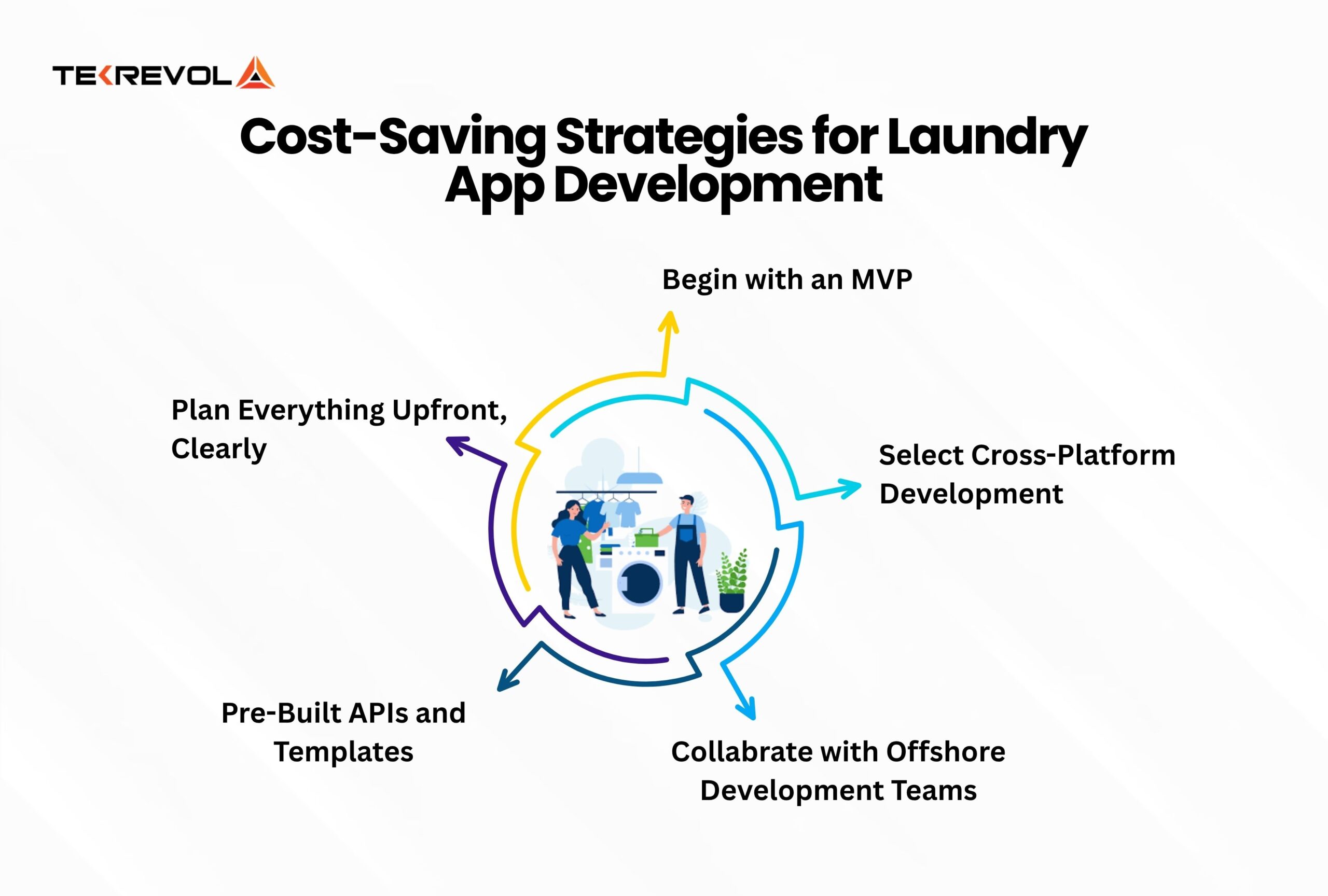
These are five intelligent tactics that will keep you within budget yet create a robust, user-friendly solution:
1. Begin with an MVP
Go live, but very basic, with few features: booking, order tracking, and payments. It allows you to test out your idea faster, reduce your initial costs, and iterate on your app against real-life feedback from users.
2. Select Cross-Platform Development
Apply such frameworks as Flutter or React Native to launch on both iOS and Android. It will be less time- and money-consuming, yet it will not lead to performance loss.
3. Collaborate with Offshore Development Teams
Partnering with experienced offshore developers, especially those from the South Asia region, is one of the best ways to reduce the cost and still have high-quality production.
4. Pre-Built APIs and Templates
Speed up development and save efforts by using available APIs to implement features like geolocation, login, or notifications instead of developing them instead of the ground up.
5. Plan Everything Upfront, Clearly
Avoid having last-minute changes by pre-planning your features and user flow. A comprehensive plan will ensure that it is effectively done and keep development within the funds you have.
Top On-Demand Laundry Apps Changing the Game
These leading laundry apps offer more than just clean clothes; they deliver speed, flexibility, and personalization at your doorstep. These 5 examples will give you a solid starting point.
| App Name | What it Offers | Unique Selling Point (USP) |
| TaskRabbit | Connects users with local helpers (“Taskers”) for various services, including laundry and cleaning tasks. | Multi-service platform with vetted taskers |
| Laundryheap | 24-hour laundry pickup and delivery, dry cleaning, ironing, and real-time order tracking. | Fastest turnaround with real-time updates |
| Delivery.com | An aggregator app that connects users to local laundry services; payment goes directly to vendors. | Offers choice and flexibility in vendor selection |
| ByNext | Offers professional laundry, dry cleaning, and home cleaning with customization (e.g., detergent type, folding preferences). | Personalized laundry preferences and next-day delivery |
| Cleanly | End-to-end laundry management with easy scheduling, notifications, and status updates. | Clean UI with full automation and reliable time slots |
Have an idea for a laundry app like Cleanly or Laundryheap?
Discuss your project with our team and get expert help from industry professionals.
Start your app journey now!Launch Your Laundry App with TekRevol
The ondemand laundry business is booming; thus now is the perfect opportunity to grab your share.
We are here to help you bring your idea into reality if you have an app concept that might simplify laundry services more than ever before.
TekRevol is a award-winning app development business with a track of creating scalable, high-performing applications.For contemporary digital-first customers, our specialists help you to develop robust, feature rich laundry applications. Everything is handled from idea validation through UI/UX design, development, and app launch to help your app thrive in a crowded market.
Looking to build a laundry app on a budget?
Share your project idea and get a detailed cost breakdown from our experts.
Get Free Estimate

